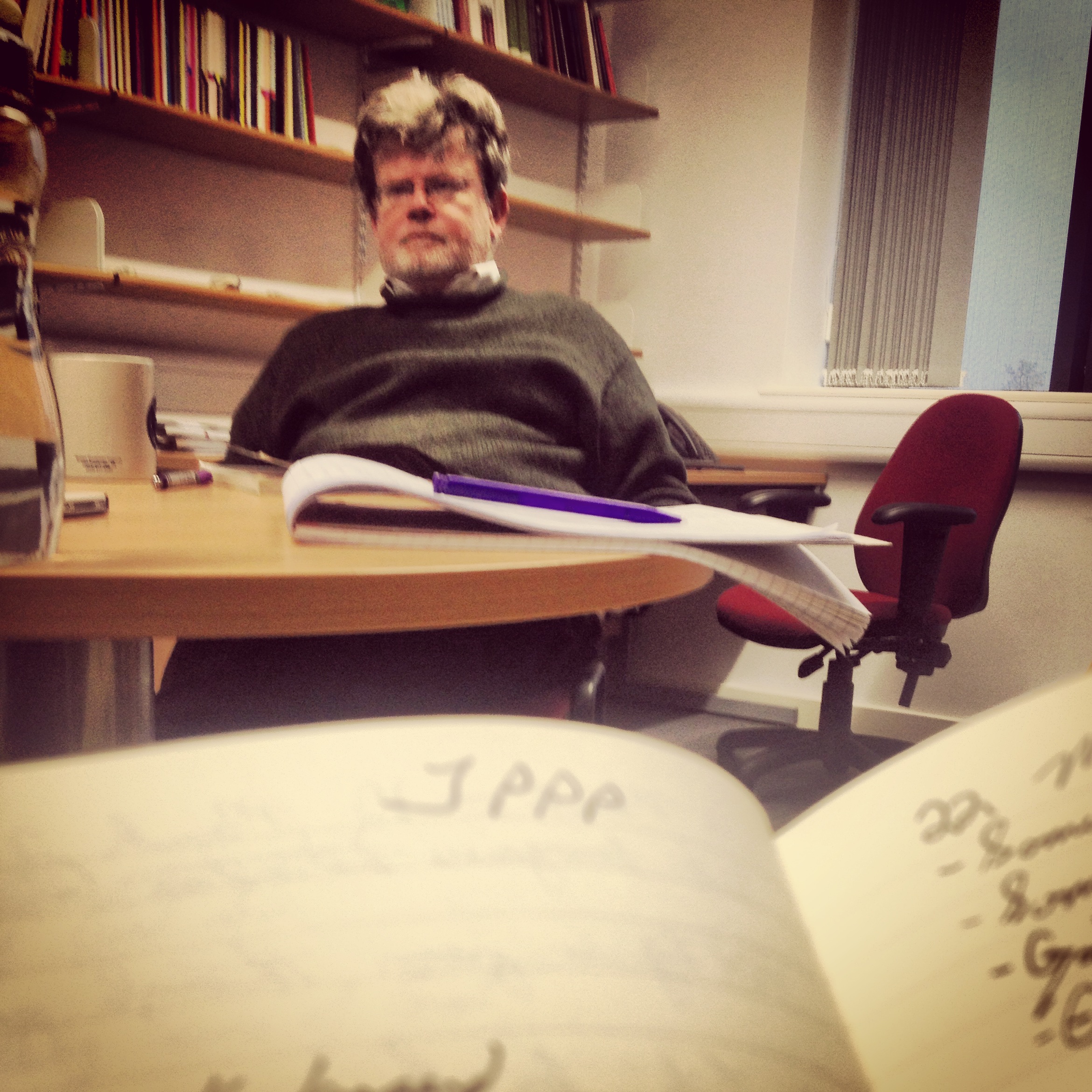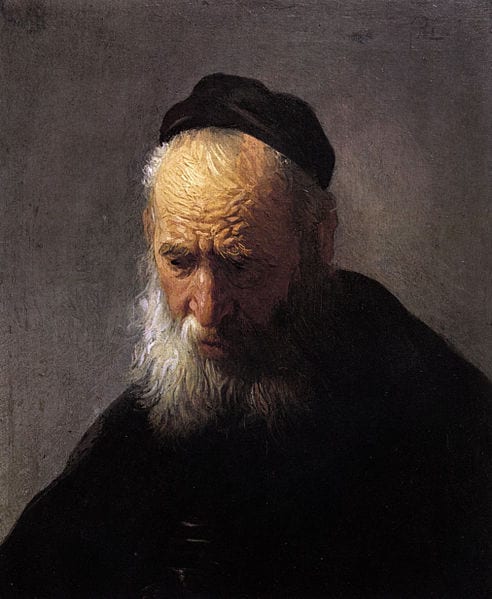Dear Friends and Family,
It dawned on me the other day that my post describing my typical day left out a few important details. You see, a British PhD and an American PhD can be quite different. I have no hopes of explaining all the differences between the two (I can’t really since I’ve never done an American PhD), but I thought I would try and highlight some of the main differences. I’ll also throw-in some other aspects of being a PhD student here at the University of Nottingham that didn’t get mentioned last time.
Classes
In an American PhD you often have several years of classes you have take before you begin working on your thesis, or as they often call it, your dissertation. Typically, these are more broad classes relevant to your field, but not necessarily to the specific thing on which you wish to write. A PhD in theology would probably have to take classes on historical theology, systematic theology, philosophy and more depending on where they are studying.
In the UK, however, it is quite different. A PhD student in the UK shows up with a proposal for what they want to write their thesis on, and then start writing. We, at least here at the University of Nottingham, have no required classes we have to attend. Instead, we’re encouraged to sit in on classes at the Master’s and undergraduate levels that we might find useful. We get no credit for these courses, but we can sit in on them for free. In the two years I’ve been here, I’ve sat in on: Elementary Latin I and II; a course on Theological Anthropology; a course called Plato-Hegel studying theology and philosophy; and this term I’ve been attending a course on Christology, a course on Religion and Fantasy, and a course on Theology, Philosophy, and Post-Postmodernism. The way I decide what classes to sit in on is by asking myself if the class will either be directly relevant to my thesis or if it will help me plan courses I hope to teach in the future.

Teaching
In many American PhD programs, PhD students are given the opportunity to teach, sometimes whole courses. This depends entirely on how much funding the University and the department have for such things. Sometimes, also, students will be Teaching Assistants to specific professors for whatever courses they teach.
Here at Nottingham it is a little different. It is rare, though not altogether unheard of, that a PhD student would be the lecturer for a specific class. However, when there is need and funding, we can become assistants for specific classes. This usually entails leading seminar discussions and marking essays and exams. Last semester, I was a teaching assistant for the course History of Christian Thought to 1600. I led discussions on texts the students read dating from the second century the sixteenth. I also had to do a fair bit of marking (grading) of essays. I probably could have done a whole post of funny things undergraduates write, but would have hated it if someone had done that to me. Next term I’m doing a similar job for a class called Great Religious Texts which reads texts from the Jewish, Christian, Hindu, and Islamic religions.
Sometimes there is an opportunity to lecture as well. I’ve only had that opportunity once, but hope to have more. The one time I did lecture, I prepared too much material and had to skip over some interesting bits to make sure we covered everything.
Seminars
The last thing I want to mention is to make clear what I meant in my previous post on this subject when I said, ‘By the late afternoon, if I don’t have a seminar to attend or a class I’m sitting in on, I pack up my things and head home.’ You see, our department occasionally puts on seminars where either visiting professors from other universities, or our own, give hour long talks on something their researching. These can range from formal paper presentations to more informal presentations on the general ideas being worked on. We don’t have these every week or even every month, though that is supposed to change once the Easter Holiday is over. I don’t always attend these because we usually have home group on Wednesday evenings (the usual afternoons on which we have these seminars) and it can make for a cramped day where supper is hard to come by if I attend the seminar and then walk home and then have to walk to home group (all total would be about 3 miles). Nevertheless, I make the effort to go as often as I can. Past presenters have included: Lewis Ayres, Helen Hunt, John Milbank, and many others.
Well, that’s about everything I can think of that can provide augments during my usual routine. Well, there is one other thing, but perhaps I’ll save that for another post.
Yours,
David











